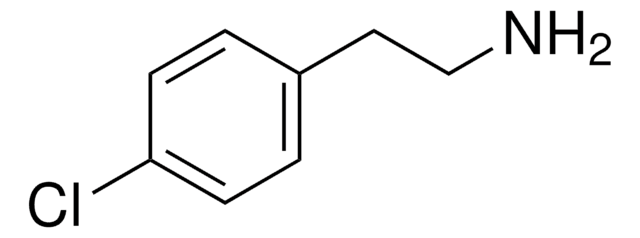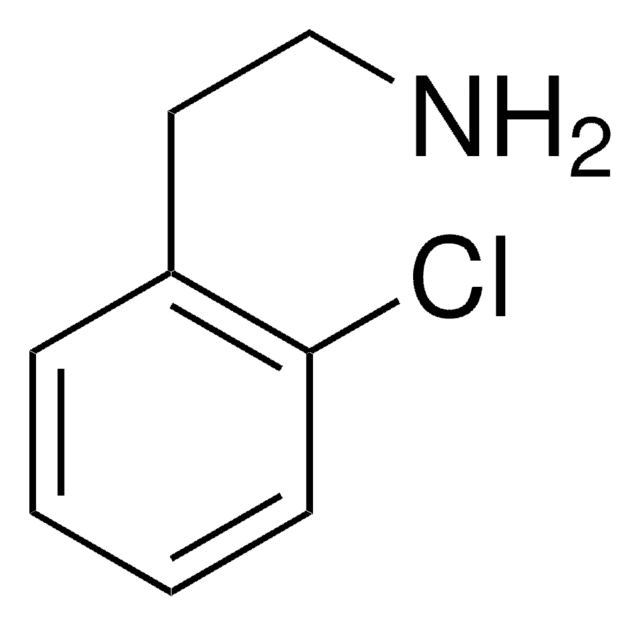8.02410
p-Benzoquinone
for synthesis
Synonym(s):
p-Benzoquinone, p-Quinone, 1,4-Benzoquinone, 1,4-Cyclohexadiene-3,6-dione
About This Item
Recommended Products
vapor pressure
0.12 hPa ( 20 °C)
Quality Level
form
solid
autoignition temp.
560 °C
potency
130 mg/kg LD50, oral (Rat)
pH
4 (20 °C, 1 g/L in H2O)
mp
110-113 °C
solubility
10 g/L
density
1.32 g/cm3 at 20 °C
bulk density
700 kg/m3
1 of 4
This Item | 243736 | 152277 | A2898 |
|---|---|---|---|
| refractive index n20/D 1.548 (lit.) | refractive index n20/D 1.551 (lit.) | refractive index n20/D 1.5618 (lit.) | refractive index - |
| bp 60-65 °C/0.1 mmHg (lit.) | bp 120 °C/15 mmHg (lit.) | bp 203-204 °C (lit.) | bp 191 °C/15 mmHg (lit.) |
| density 1.112 g/mL at 25 °C (lit.) | density 1.106 g/mL at 25 °C (lit.) | density 1.2 g/mL at 25 °C (lit.) | density - |
| form liquid | form liquid | form solid | form solid |
Application
- A free-radical inhibitor.[1]
- A catalyst to synthesize highly site-selective N1-alkylated benzotriazoles by N1-alkylation of benzotriazoles with diazo compounds.[2]
- A hydrogen acceptor and two electron oxidant in Pd-catalyzed Wacker oxidation of aryl olefins aldehydes.[3]
- A redox mediator in Pd-catalyzed anaerobic electrooxidative homocoupling of aryl-boron derivatives.[4]
Signal Word
Danger
Hazard Statements
Precautionary Statements
Hazard Classifications
Acute Tox. 3 Inhalation - Acute Tox. 3 Oral - Aquatic Acute 1 - Aquatic Chronic 1 - Eye Dam. 1 - Flam. Sol. 1 - Muta. 2 - Skin Corr. 1B - Skin Sens. 1 - STOT SE 3
Target Organs
Respiratory system
Storage Class Code
4.1B - Flammable solid hazardous materials
WGK
WGK 3
Flash Point(F)
170.6 °F - closed cup
Flash Point(C)
77 °C - closed cup
Certificates of Analysis (COA)
Search for Certificates of Analysis (COA) by entering the products Lot/Batch Number. Lot and Batch Numbers can be found on a product’s label following the words ‘Lot’ or ‘Batch’.
Already Own This Product?
Find documentation for the products that you have recently purchased in the Document Library.
Customers Also Viewed
Our team of scientists has experience in all areas of research including Life Science, Material Science, Chemical Synthesis, Chromatography, Analytical and many others.
Contact Technical Service


















